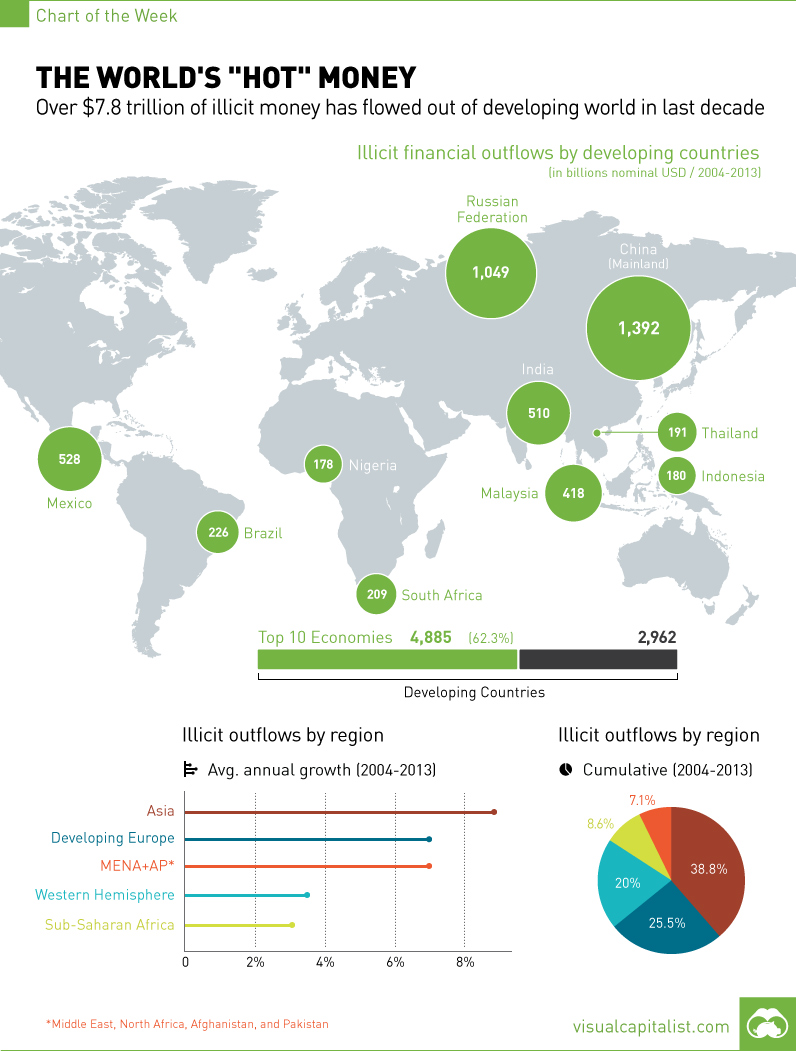
"You will have to unlearn your emotions "


The two key drivers of success in any endeavor is passion and hope.
Passion creates the energy to do what we need to do to get to where we want to go. Many times money is just the side effect of the work we do driven by our own passion and desire for success with little thought given to the monetary reward that could happen during the battle for success. When we are passionate about something we just love doing it, we just love the game itself and everything about being in that game and playing it. True professionals do not use their bank account as a daily motivator to work, they are doing what they were born to do, they are just being who they are and what they are.
Hope is what gets us up in the morning and keeps us working toward our goals. Hope gives us the ability to do hard work today for a potential reward in the future. Hope sees an account at $0 and sees that it could be over a million dollars if the right plan is followed. Hope gives us the energy to work hard in our present circumstances believing that we are receiving an education that will show us the path to where we want to be. The greatest cause of depression is being realistic about the present and future and the loss of hope in tomorrow.
being better than today. Know what you want, and understand how to get there. If you are willing to do what you have to do and be willing to pay the price that your goal costs you can have what you want.
“A man is a success if he gets up in the morning and gets to bed at night, and in between he does what he wants to do.”
― Bob Dylan



Amos Hostetter: Trading Dont’s
Amos Hostetter: Dangers in Trading caused by Human Nature
“One of the most difficult things to get investors and traders to understand is that no matter how much they investigate an investment, they will probably do better if they did less. This is certainly counter-intuitive, but the way that our brains function almost guarantees that this will happen. This kind of failure also happens to those investors frequently regarded as the smartest. In essence, the more information that investors have, the more opportunity that they have to choose the misinformation that suits their emotional purposes.
Speculation is observation, pure and experiential. Thinking isn’t necessary and often just gets in the way. Yet everywhere we turn, we read and hear opinion after opinion and explanation on top of explanation which claim to connect the dots between economic cause and market effect. Most of the marketplace is long on rationale and explanation and short on methods.
A series of experiments to examine the mental processes of doctors who were diagnosing illnesses found little relationship between the thoroughness of data collection and accuracy of the resulting diagnosis. Another study was done with psychologists and patient information and diagnosis. Again, increasing knowledge yielded no better results but did significantly increase confidence, something which the smartest among us are most prone to have in abundance. Unfortunately, in the markets, only the humble survive.
The inference is clear and important. Experienced analysts have an imperfect understanding of what information they actually use in making judgments. They are unaware of the extent to which their judgments are determined by just a few dominant factors, rather than by the systematic integration of all of their available information. Analysts use much less available information than they think they do.


